





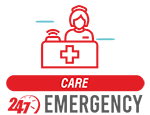
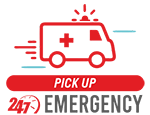
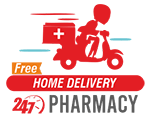
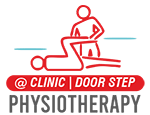

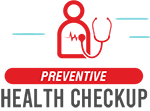
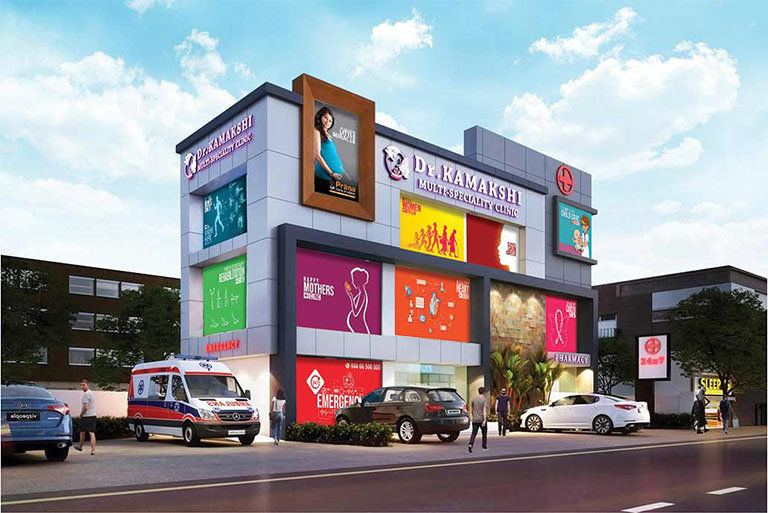
Dr.Kamakshi Multi-Speciality clinic is a one of its kind boutique clinic, offering highly specialized medical consulting and diagnostic services that you may need under one roof. The services include round-the-clock doctors availability for emergency support, multi-speciality consultation, health screenings, Imaging services (like X-Ray, USG, ECG, ECHO, TMT, PFT), Clinical laboratory services (like Blood, Urine, et cetera), Pharmacy services, Physiotherapy services and 24/7 Ambulance services.
Our patient-focused end-to-end service is completely backed up by Dr.Kamakshi Memorial Hospital , a 300 bedded tertiary care hospital located in Pallikaranai, Chennai 600100, TN, India. We are open 24/7 everyday around the year providing emergency life support, we schedule outpatient speciality consultations between 9AM and 9PM during the day. We are your ideal service provider offering services at one stop shop, equipped with advanced technology and experienced staff.
You can book your appointment online or by calling our appointment desk (+91 44 66 500 500) anytime during the day. We offer emergency ambulance pickup, home sample collection and home medicine delivery at no cost for the neighbourhood, as a good-will gesture. we provide a friendly, efficient, professional health service to get you back to normal as quickly as possible.

 Neighborhood Family Card(NFC)
Neighborhood Family Card(NFC)
Neighborhood Family Card (NFC) is a premium service extended to the community in best interest to develop and encourage a healthy engagement with the neighbourhood.
NFC enables its members to enjoy certain neighborhood specific free and discounted services. The benefits of NFC will be extended only to the family members of the card holder. NFC is a locality specific privilege card issued only to the community living around Dr.Kamakshi Multispeciality Clinic, Medavakkam.
You may show your identify proof to our guest relations executive & seek for NFC membership during your next visit.
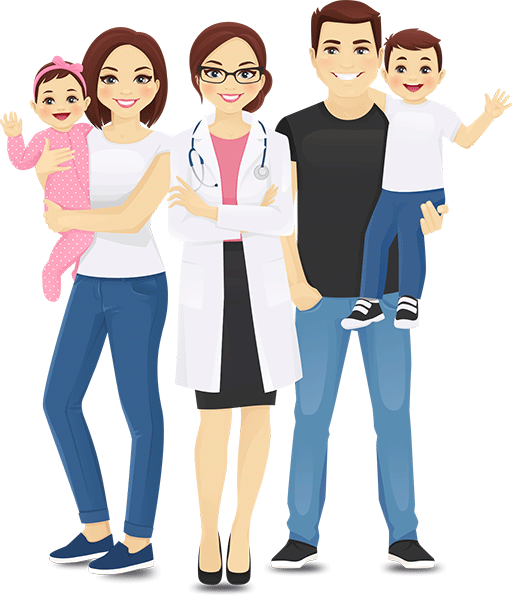
 Our Speciality Services
Our Speciality Services
We at Dr. Kamakshi Multi speciality clinic have custom designed a range of comprehensive health programs covering all age groups for your well being.
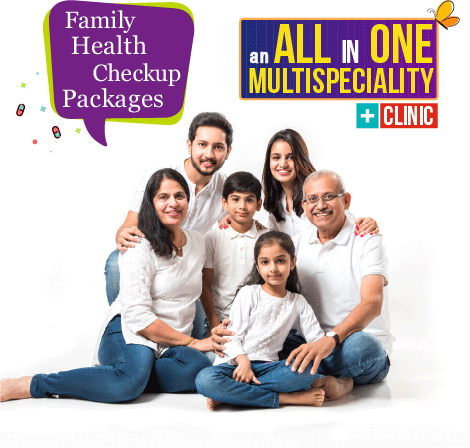
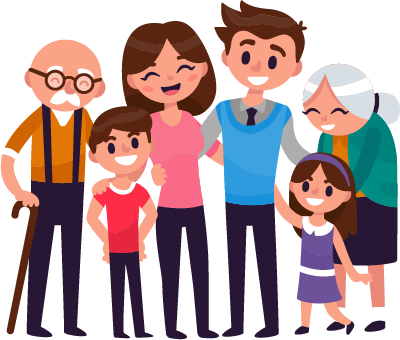








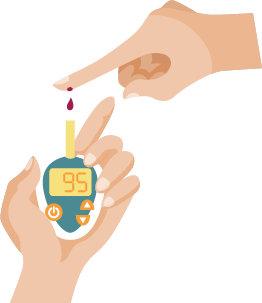

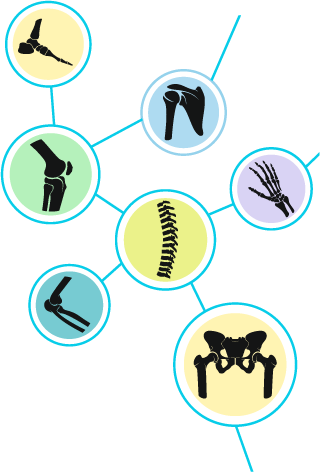

Vaccination is the process of giving a vaccine to a person to safeguard them against preventable infectious diseases. Vaccinations work by stimulating the immune system, the natural disease-fighting system of our body. Vaccines play a crucial role in thwarting mortality rates. Vaccines help to protect individuals and communities
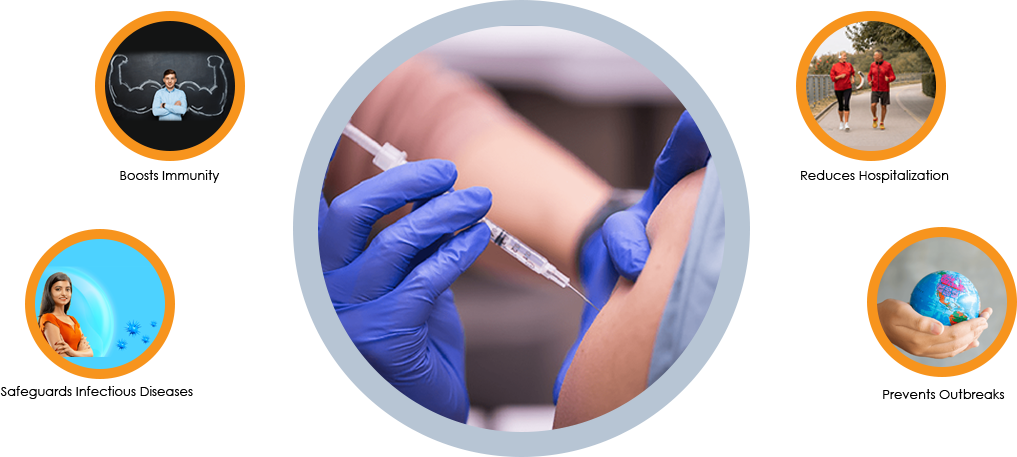
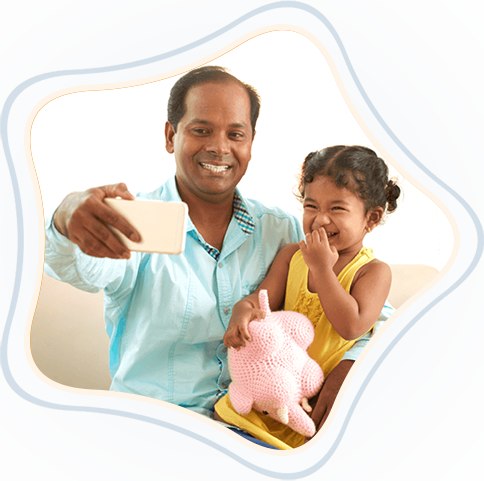
Vaccines are extremely safe.The chance of experiencing a serious side effect after vaccination, like an allergic reaction, is less than one in a million. Vaccines prevent deadly and debilitating diseases. Almost all diseases comprehended by man now have a miracle remedy called “vaccine”. Many studies have concluded that vaccination is the most powerful way of preventing diseases that are infectious.
Vaccines provide an active acquired immunity which helps protect the body against diseases that the body cannot fight naturally. Vaccination helps protect future generations by eradicating diseases. The vaccine preventable diseases are less commonly seen today due to routine immunization.
Annually an average 49000 people die of flu and its complication. Majority are among adults. Immunization is our shield against serious diseases
It can prevent Tetanus, Diphtheria, and Pertussis.

It is only for children 7 years and older, adolescents, and adults.

Adolescents should receive a single dose of Tdap, preferably at age 11 or 12 years.

Pregnant people should get a dose of Tdap during every pregnancy.

Adults who have never received Tdap should get a dose of Tdap.
It can prevent HPV infections that can cause cancer later in life.

It is recommended for all preteens (including girls and boys) at age 11–12 years.

Teens and young adults through age 26 years who did not start or finish the HPV vaccine series also need HPV vaccination.

The first dose is routinely recommended at age 11–12 years old.

Three doses are recommended.

People who have ever had a life-threatening allergic reaction to any ingredient of an HPV vaccine.

People who have an allergy to yeast (Gardasil and Gardasil 9).

People who are pregnant.
It can prevent pneumococcal disease, which is common in young children, but older adults are at greatest risk of serious illness.

PCV13 is recommended for
→ All children younger than 2 years old
→ People 2 years or older with certain medical conditions.

PCV23 is recommended for
→ People 2 through 64 years old with certain medical conditions.
→ Have a damaged spleen or their spleen has been removed.

Because of age or health conditions, some people should not get certain vaccines or should wait before getting them.
Both can prevent Hepatitis diseases which is a serious liver disease.
Hepatitis A is usually a short-term infection.
Hepatitis B can also begin as short-term infections but in some people, the virus remains in the body and causes chronic, or lifelong, infection.

All children

Unvaccinated children and adolescents aged 2–18 years.

International travelers
It can prevent Varicella / Chickenpox which is a very contagious disease caused by the varicella-zoster virus (VZV).

Children under age 13 years should get two doses
→ First dose at age 12 through 15 months
→ Second dose at age 18 months

People 13 years of age and older who have never had chickenpox or received chickenpox vaccine should get two doses, at least 28 days apart.
Both can prevent Influenza which is a potentially serious disease that can lead to hospitalization

All people 6 months and older to get a flu vaccine every year.

Any allergies to flu vaccine or its components.
It can prevent Measles, Mumps, and Rubella.

Adults who do not have presumptive evidence of immunity should get at least one dose of MMR vaccine.

Certain adults may need 2 doses, include
→ Students at high school education institutions.
→ Healthcare personnel
→ International travelers

Some people should not get MMR vaccine or should wait.
→ Has any severe, life-threatening allergies.
→ Is pregnant or thinks she might be pregnant.
→ Has a weakened immune system due to disease (such as cancer or HIV/AIDS) or medical treatments (such as radiation, immunotherapy, steroids, or chemotherapy).
It can prevent the People with cochlear implants are more likely to get bacterial meningitis than people without cochlear implants.

It is recommended for all preteens, teens, and adults.

Adults:
→ Have a rare type of immune disorder called complement component deficiency.
→ Have HIV
→ Are a microbiologist who is routinely exposed to Neisseria meningitidis.

People who have severe / life threatening allergies.
It can prevent Haemophilus influenzae type b (Hib) which can cause serious illness in babies and children younger than 5 years old.

Older children and adults usually do not need a Hib vaccine. But recommended for two groups of older children and adults:
→ People with certain medical conditions who are unvaccinated.
→ People who receive a bone marrow transplant

People who have threatening allergies.
It can prevent Corona virus disease.

It is safe for most people 18 years and older, including those with pre-existing conditions of any kind, including auto-immune disorders.

People with a history of specific allergies.
In addition to the above-mentioned vaccines, there are several additional vaccines available for adults with certain chronic conditions.

Most of your child’s vaccinations are completed between birth and 6 years. Many vaccines are given more than once, at different ages, and in Combinations. This means that you will need to keep a careful record of your child's shots.
No matter what the reason, it is important to make up missed immunizations.
Common side effects of immunizations include swelling at the site of the injection, soreness, and fever. Discuss these side effects with your doctor and ask what symptoms deserve an office call.


